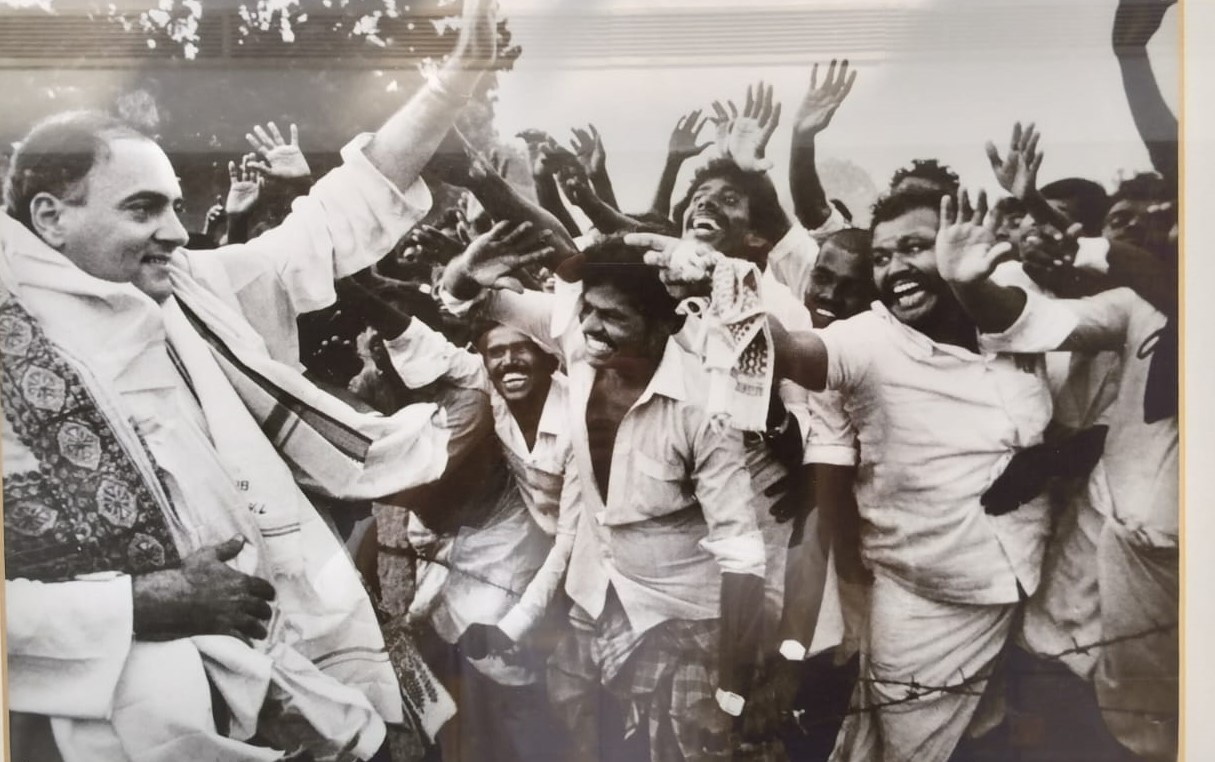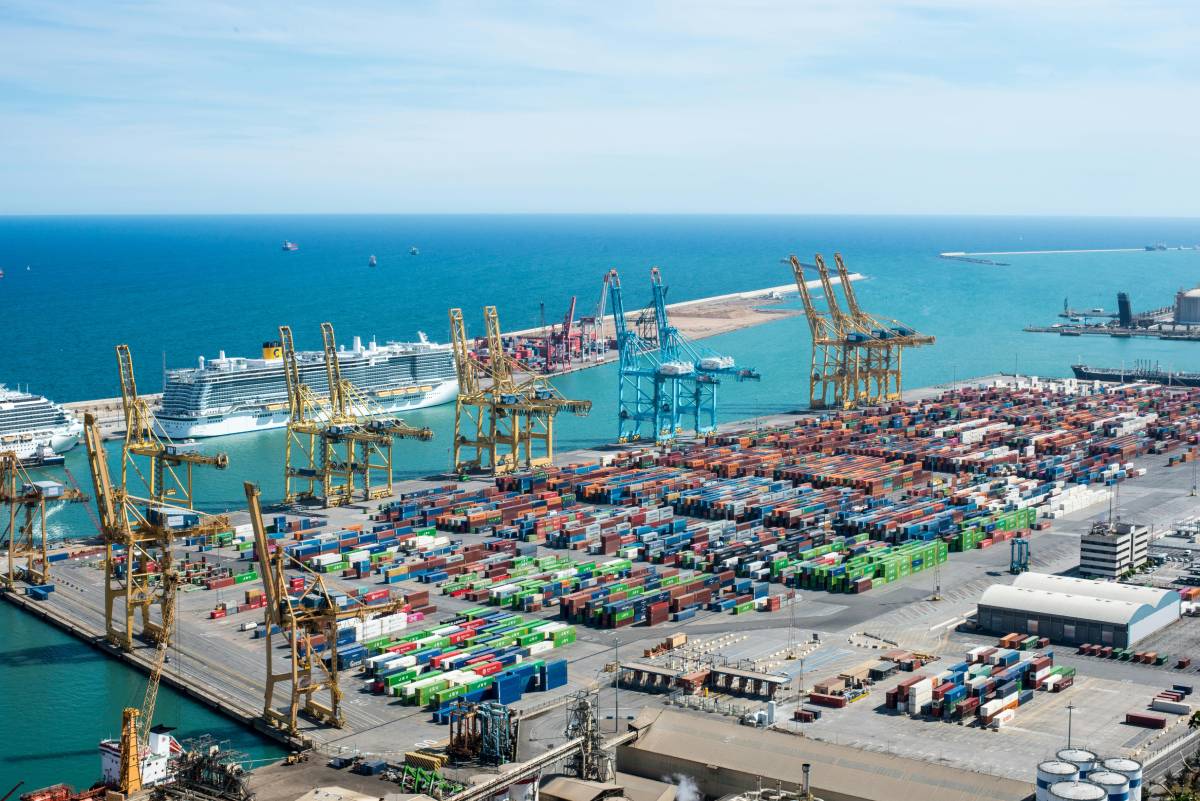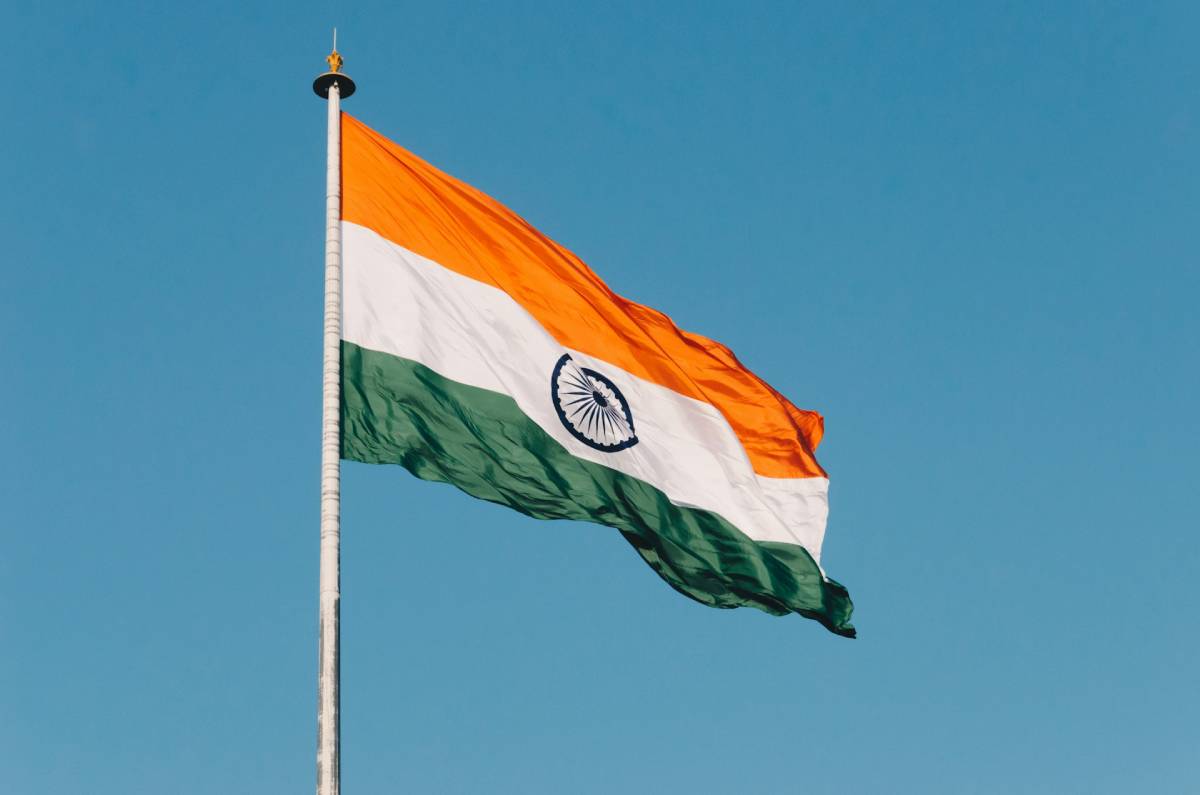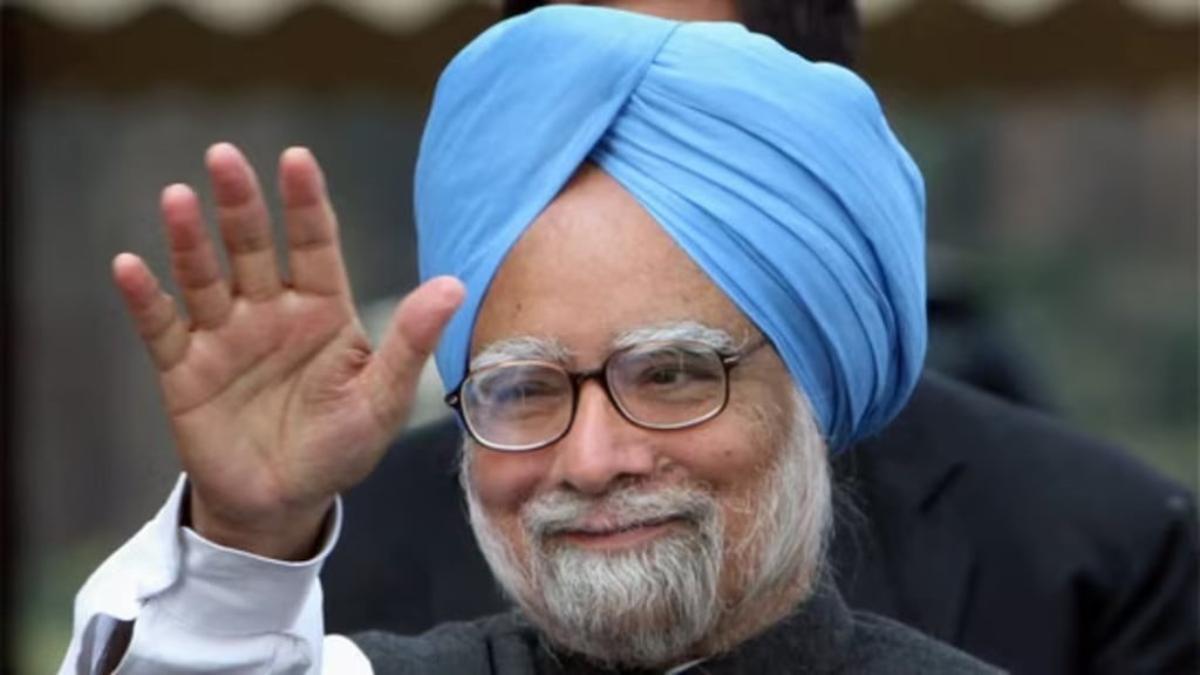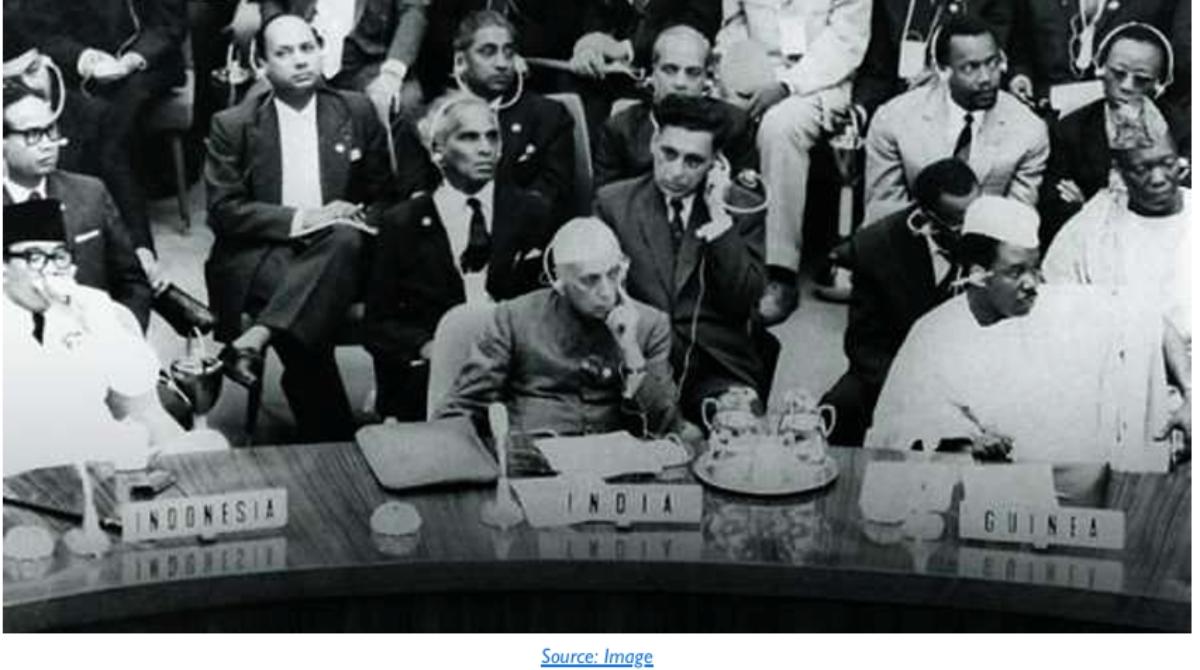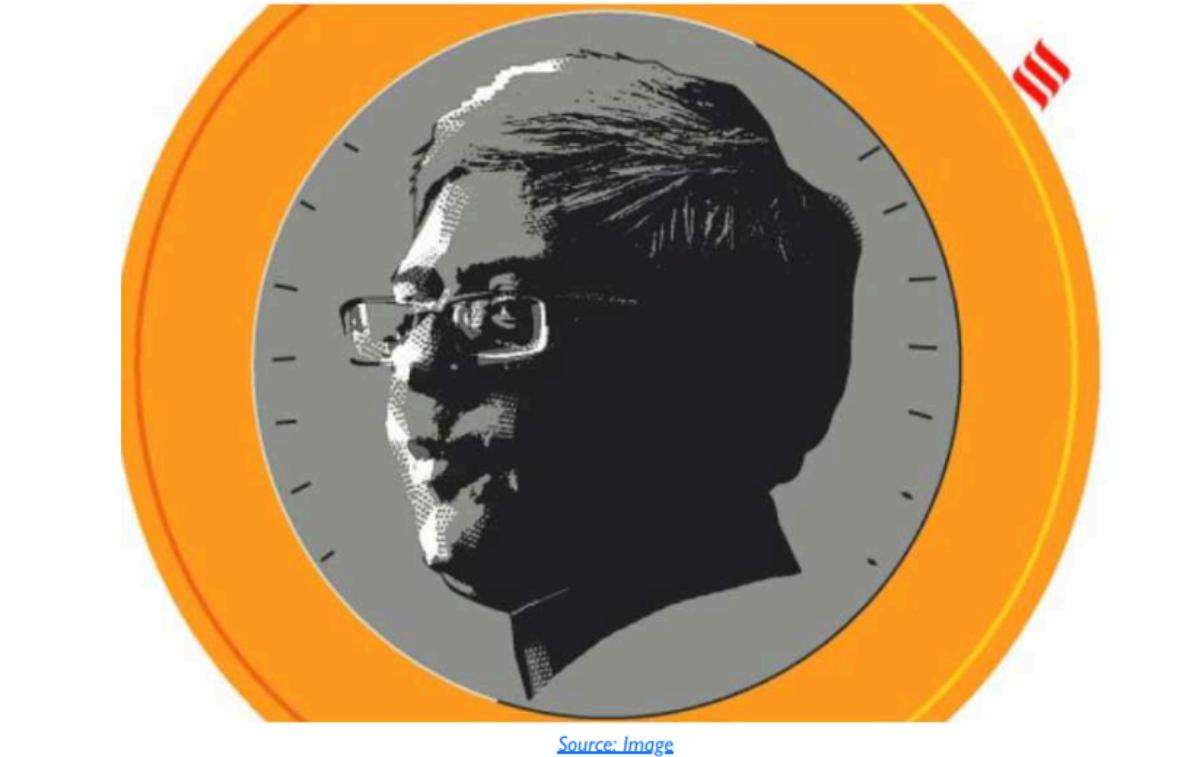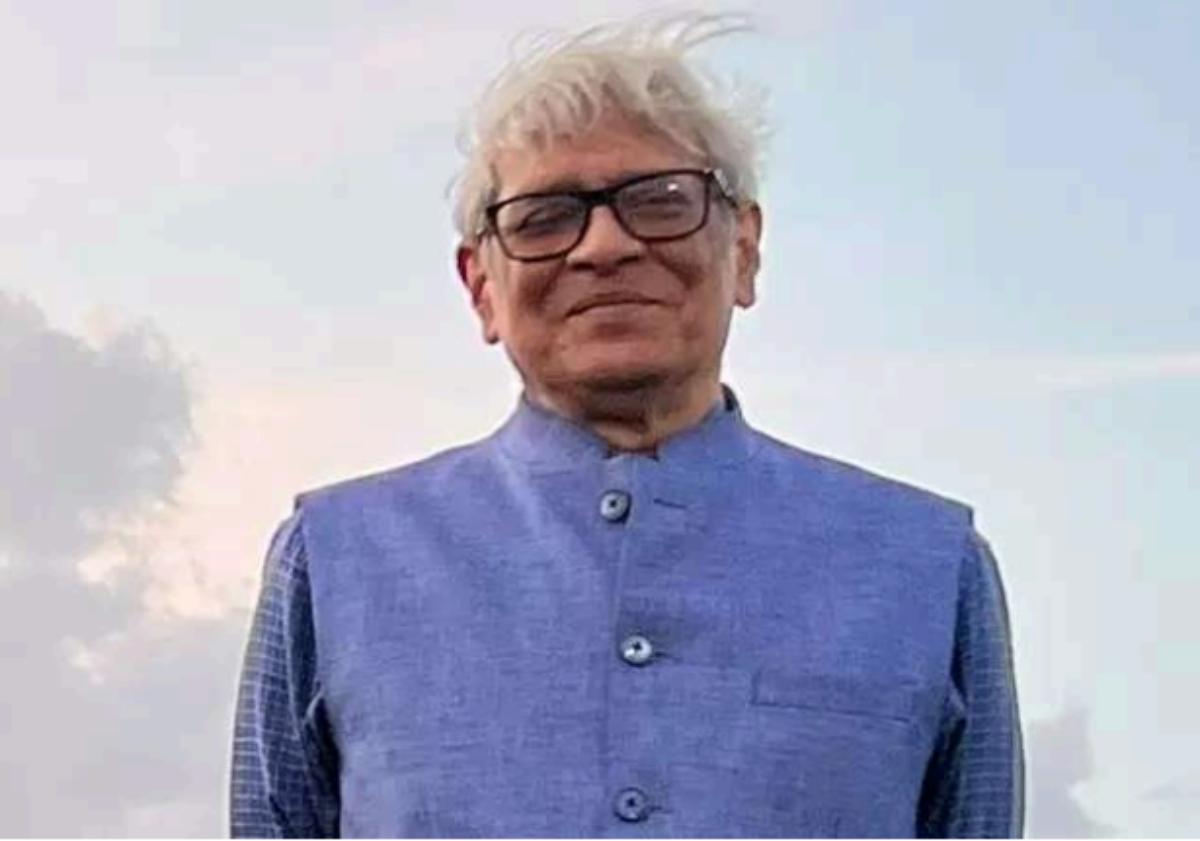Speech delivered by Shri Rajiv Gandhi in Beijing on 19 December 1988
I THANK YOU for the warmth of your welcome and your friendly works of greetings. This is my first visit to your great country. Yet the visit is for me much more than a personal journey. I bring you the good wishes of the people of India. I have come to renew our old friendship.
Our two countries represent two of the world’s most distinguished civilizations. Our contribution to human progress has been decisive. We have given the world both knowledge and wisdom, knowledge of science and knowledge of the arts, knowledge of society and knowledge of governance. In farming and manufactures, in astronomy and mathematics, in evolving the concept of zero, in the making of paper and the technology of printing, in ways that have filled many volumes, India and China have contributed to the advancement of human society. We have also contributed wisdom: the deep ethical insights of Confucius and Lao Tze; the deep spiritual insights of the Vedas and the Buddha; the deep philosophical insights of the Upanishads and the Tao. Through millennia, we have known each other. Through millennia, we have interacted.
Through millennia, we have respected the wisdom and admired the beauty that each of us has contributed to the world. Through millennia, we have acknowledged what each has given to the other by way of intellectual exchange and ethical evolution. It was in quest of our treasures, of our fabled material wealth, of our silks and our spices, of our textiles and our technologies, of the marvels and miracles of our cultures that the West sought out Asia.
The voyages of discovery that began with Marco Polo and Vasco da Gama ended, however, in the iniquity of imperialism. In different ways, each of us succumbed to the depredations of the European powers. Then, each of us, in our separate ways, rose once again to freedom and independence.
Together, we sought to foster the resurgence of post-colonial Asia. From the Asian Relations Conference to Bandung, We spoke with one voice, demanding equality for all nations, justice for all peoples, and peace for all time. We sought together to extend the area of peace in Asia and elsewhere. We worked together to provide through peaceful coexistence a solid foundation for peace and security so that fear and apprehension would give place to a feeling of confidence.
This phase of common endeavour was followed by a period of estrangement. Differences over the border led to unfortunate events that strained our relationship. It is now time to look beyond the past. It is now time to look forward to the future. It is now time to restore the relationship between our countries to a level commensurate with the contribution which our civilisations have made to the world, to a level commensurate with the centuries of friendship between our countries, to a level commensurate with the contribution which today we must together make to the building of a new world order.
Between us, we represent a third of humanity. There is much we can do together. In 1954, India and China enunciated the Panchsheel – the five principles of peaceful coexistence. The principles we commended, commanded scant acceptance then. The world was too intent on pursuing the path of confrontation to consider the alternative path that Panchsheel represented. Now, thirty tortured years later, the trajectory which the Five Principles indicated for the evolution of the world order is beginning to emerge as the world’s path. We believe, as you do, that the Five Principles of Peaceful Coexistence provide the best way to handle relations between nations. Bloc politics and spheres of influence lead only to conflict, sharpening international tensions.
The path of peace originated in the recognition that nuclear war can never be won and must not be fought. For the first time since the invention of nuclear weaponry, we have seen set in motion a process of nuclear arms reduction and not merely nuclear arms control. Indeed, one major military power has even unilaterally announced substantial reductions in conventional arms and forces.
More significant even than the cuts themselves is the language that is being employed and the logic that is being followed. The new language we now hear is no longer the language of war but the language of peace. The new logic we now hear is no longer the mad logic of mutually assured destruction but the sane logic of a world beyond nuclear weapons.
As the world moves nearer to the principles which were jointly formulated by us three decades ago, we world wish to work with you in assisting the process down the right path and to the right conclusion. An India and a China at odds with one another would find it difficult to work together. An India and a China in harmony with one another could. I have come here to explore ways towards that end. Together, we have to restore the vision of peace and co-operation which Jawaharlal Nehru and Zhou Enlai at one time shared. Here in Beijing, Jawaharlal Nehru said:
“We must recognize that the only way to live in this world is through coexistence and co-operation and recognition of the right of each country to live its own life. There can be no East and West ranged against each other in the future. There could be only on world devoting itself in friendly co-operation between the different parts to the advancement of humanity.”
That still remains our goal. It is a goal we believe we share with you. Premier Zhou Enlai’s words on the same occasion still echo in our ears. He said:
“We believe that peaceful coexistence and friendly co-operation between China and India will certainly facilitate the gradual realization of peaceful coexistence among other Asian countries and countries of the whole world.”
In urging upon the world the principles of peaceful coexistence, we would wish to follow these principles in resolving the problems between ourselves. The boundary question has come to be a major problem. It touches upon the sentiments and feelings of our people. We do understand that it also touches upon sentiments and feelings in China.
We must find an enduring solution to the problem, based on an understanding of each other’s point of view, which will be in our mutual interest and to the benefit of both our peoples. Meanwhile, there is need for peace and tranquility in the border areas. We are confident that the boundary question will be settled amicably. It must be settled within a realistic time-frame. India is prepared to proceed accordingly.
We are both developing countries of sub-continental size with large populations. Each of us is required to deliver to our people, with equity and justice, the fruits of development and the benefits of modernization. In fulfilling these tasks, there is much that we can learn from each other. China has broken much new ground in devising innovative ways of modernizing its economy and society. We congratulate you on the remarkable transformation which you have wrought in your national life. Your achievements in agriculture, both in terms of output and diversification, are indeed impressive. We are particularly interested in your skills in water management, flood control and soil improvement. In industry, across the spectrum, form heavy engineering to consumer goods, you have made significant strides. In the social services, you have pioneered many important programmes.
In India, we have tripled our output of food grains and are poised to almost double this again by the turn of the century through a second Green Revolution. In range and depth, our industrial manufactures and indigenous technology constitute the fulcrum of our self-reliance, which is the most essential characteristic of our economic philosophy. The performance of our infrastructure in recent years has been truly heartening. We are both responding to emerging challenges and the imperatives of change. We have both sought pragmatic answers which are compatible with basic principles, encouraged imaginative new departures which are consistent with fundamental ideological postulates, fostered new thinking which is anchored in deeply held beliefs.
Development is the harbinger of accelerated economic exchanges between ourselves.The prospects for technological collaboration are promising. We have paid special attention in India to the technological component of development and have achievements to our credit which range from ground-level applications to the very frontiers of scientific exploration. So have you. We have done exceptionally well in some areas and you in others. We would welcome opportunities for Indian scientists and technologists to work together with their Chinese counterparts. We need peace for development. Let us work together for peace among ourselves, peace in Asia, and peace in the world.
This visit marks a new beginning for the development of our bilateral relationship. Stable and friendly relations between India and China will determine the destiny of our region, indeed, vitally influence the course of world history. Our relationship is crucial to the future of humankind. India and China seek an improvement in their relationship not only for their mutual benefits but also to provide the basis on which we can contribute to the building of a new world order.
The world needs to recognize the oneness of humanity. Our vision is of a world where confrontation turns into dialogue and tension into relaxation. Our vision is of a world where sovereign equality is not a hope but a reality. Our vision is of a democracy of nation where decisions are determined by the common weal, not compelled by dominance nor imposed by force of arms. Our vision is of a world which forswears nuclear weapons and the doctrines that go with such weaponry, a world which believes instead in non-violence and the principles of peaceful coexistence. We reaffirm Mahatma Gandhi’s immortal assertion:
“It is my firm conviction that nothing enduring can be built on violence.”
Friendship between India and China is a friendship which reaches back into the far recesses of history. It is a friendship which has been nurtured by both our civilizations. It is a friendship which can contribute much to the world. We are pledged to working towards a settlement of our differences over the border. We are pledged to working for peace among peoples and co-operation among countries. This visit solemnizes that pledge and marks the commencement of a new phase of our journey. We thank you for the welcome accorded to us. We look forward to resuming our quest together for peace in the world and prosperity for all peoples.

